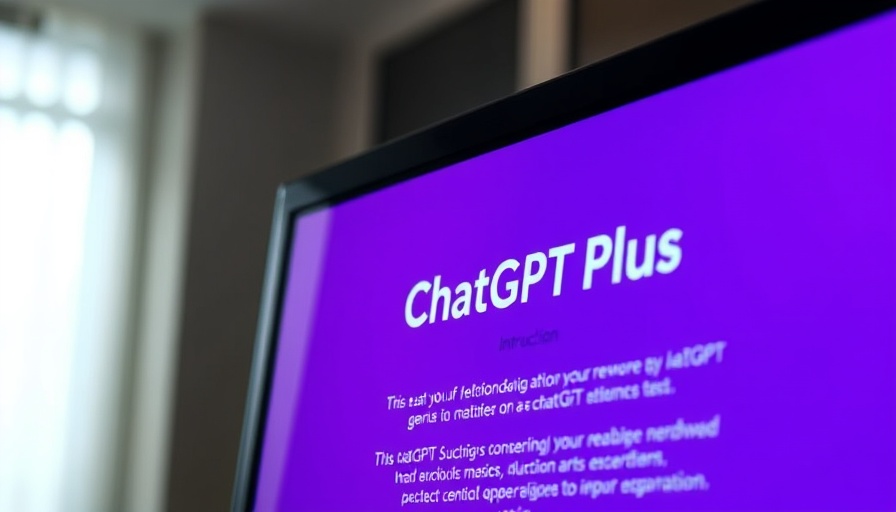
AI's Role in Shaping Modern Legal Exams
In a striking revelation, the State Bar of California has disclosed that artificial intelligence (AI) was utilized to develop several questions in the contentious February bar exam. This announcement has raised eyebrows and concerns within the legal community, as many candidates faced significant technological obstacles during the test, including system crashes and lagging screens.
The Fallout from February's Bar Exam
The February 2025 exam turned into a logistical nightmare for many prospective lawyers. Reports indicate that online platforms failed during the exam, leaving applicants unable to complete their tests. It has been described as a debacle that the State Bar did not anticipate, with the assistant dean of academics at UC Irvine expressing disbelief at the decision to rely on AI-generated questions.
Understanding AI’s Involvement
Specifically, the State Bar revealed that out of 171 scored multiple-choice questions, a mere 23 were formulated with the assistance of AI, in collaboration with ACS Ventures, their psychometrician. This small subset raises questions about the efficacy and reliability of AI in an industry that traditionally values human oversight. Experts in the field, such as Andrew Perlman, have commented on the unprecedented nature of this approach, emphasizing the need for stringent vetting when using technology in critical assessments.
Legal Community's Response and Concerns
Katie Moran, an associate professor specializing in bar exam preparation, voiced her astonishment, highlighting the ethical implications of employing non-lawyers assisted by AI to shape questions for such a pivotal examination. This admission could challenge conventional wisdom regarding the validity of test questions and the overall competence verification process for lawyers-in-training.
The Broader Impact of AI in Legal Assessments
As AI technology continues to evolve at a rapid pace, its integration into legal assessments poses both opportunities and challenges. While AI can improve efficiency and reduce biases when correctly used, it also opens the door to potential biases in framing questions, depending on the data it was trained on.
The discussions arising from this incident may create a call for standardized regulations governing AI's role in legal assessments, ensuring that such innovations uphold the integrity of the legal profession.
Navigating the Future: What's Next?
This situation prompts critical questions about the future of legal examinations. Will institutions prioritize the integration of AI, and if so, how will they ensure that these AI systems maintain the high standards expected in legal licensure? As technology continues to impact various fields, the legal community must reconcile these advancements with tradition to prepare future lawyers adequately while ensuring public trust in the judicial system.
 Add Row
Add Row  Add
Add 




Write A Comment